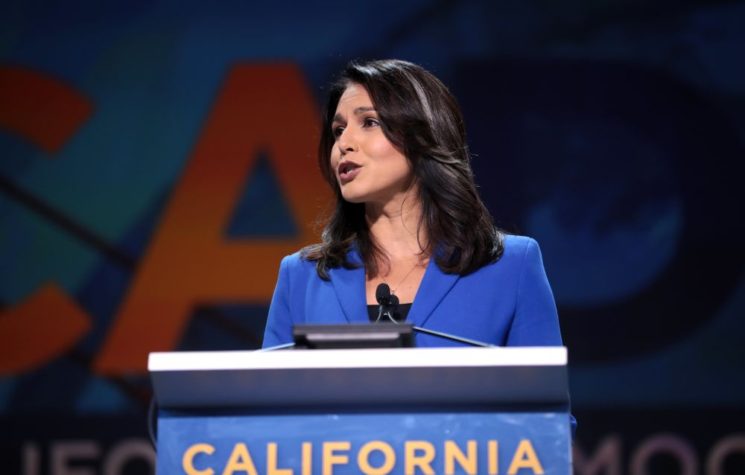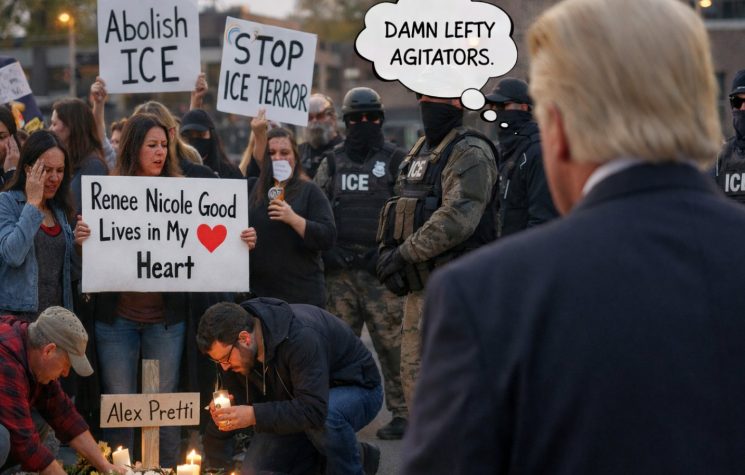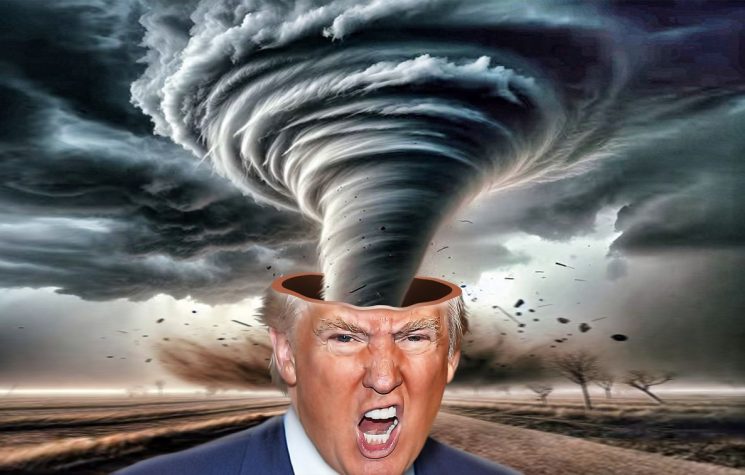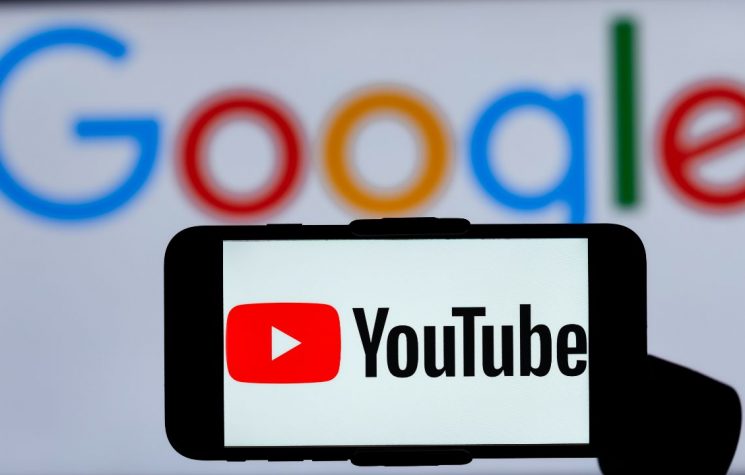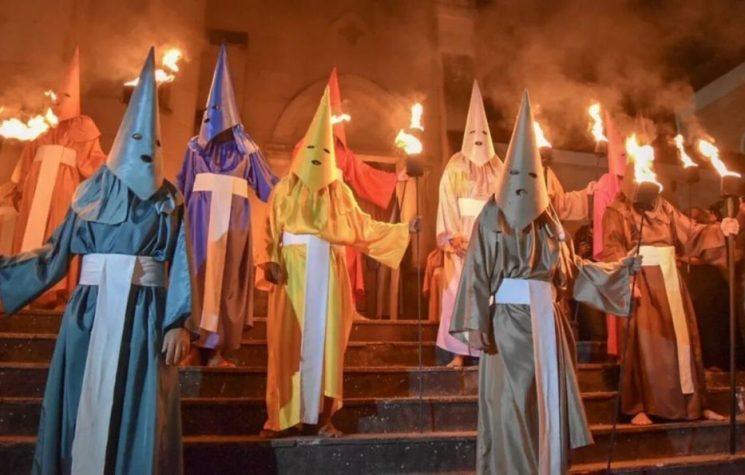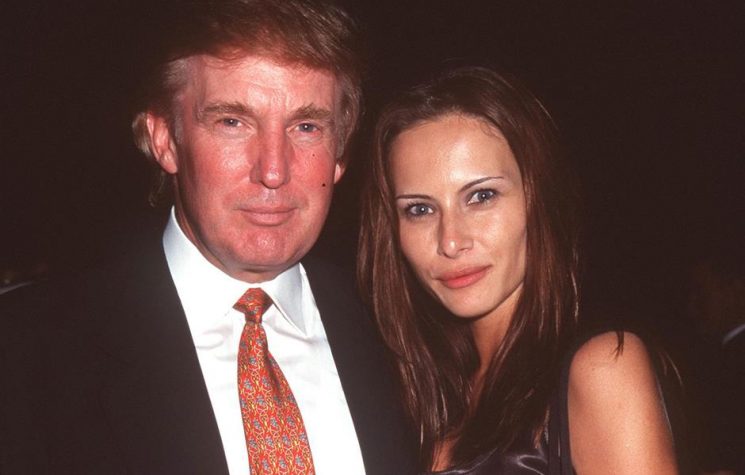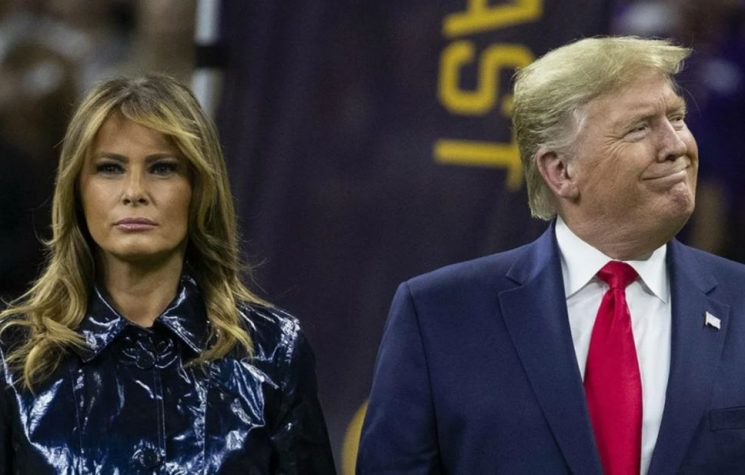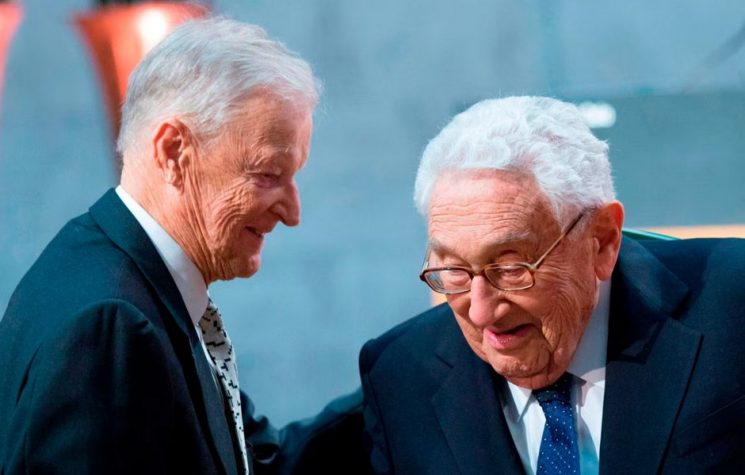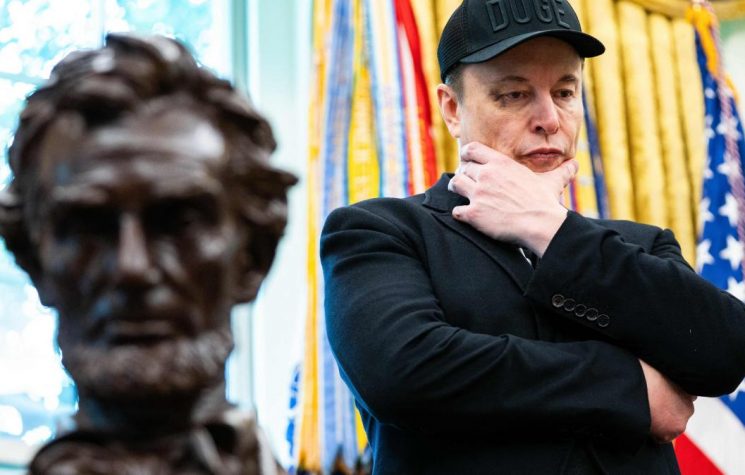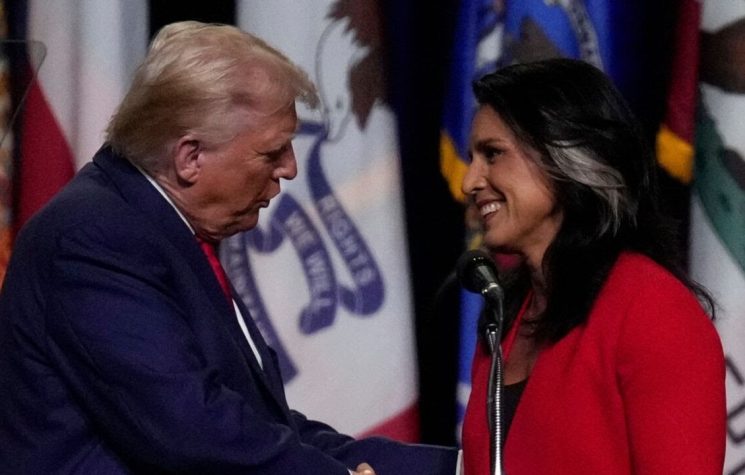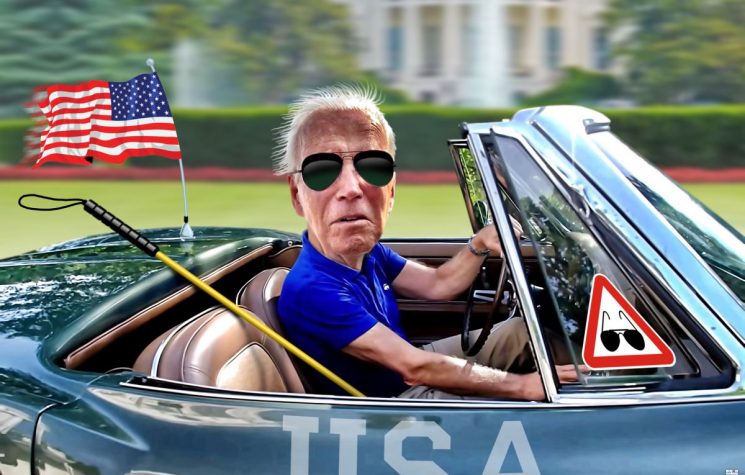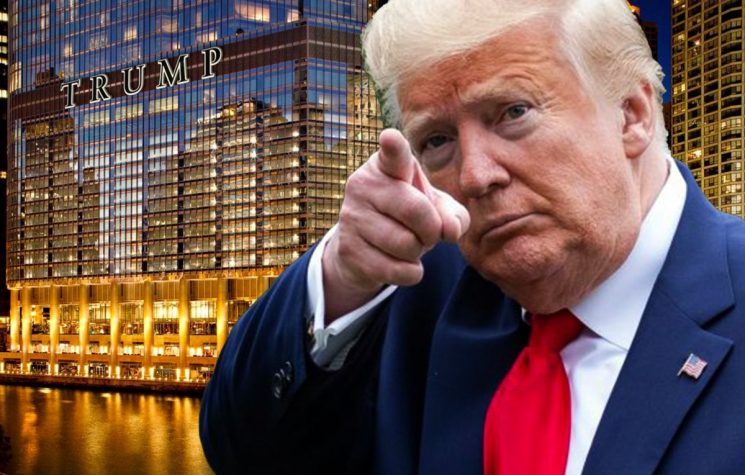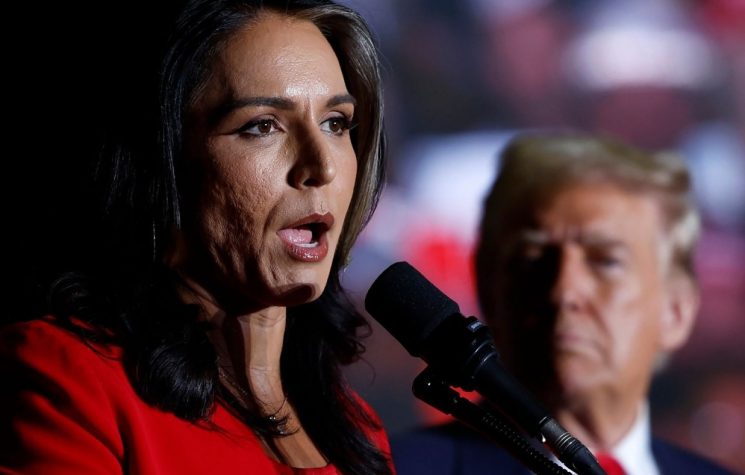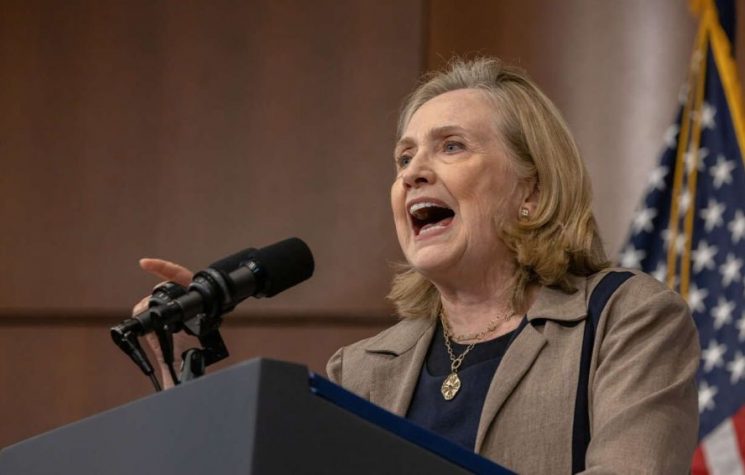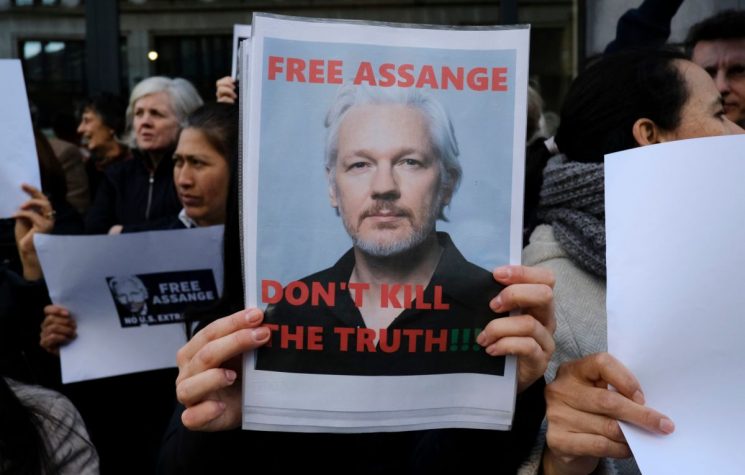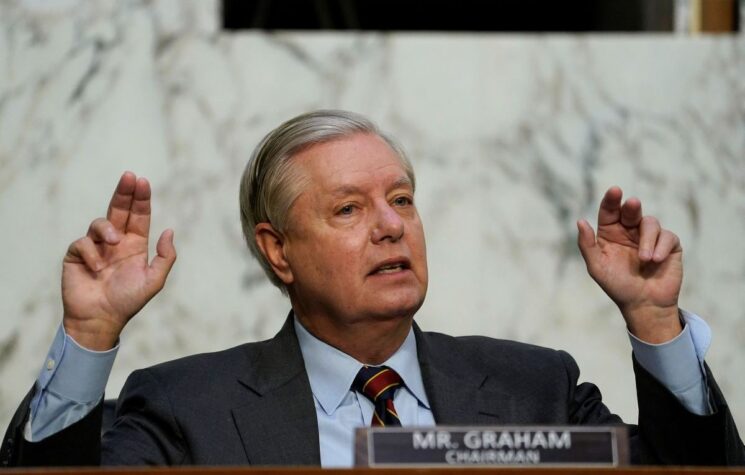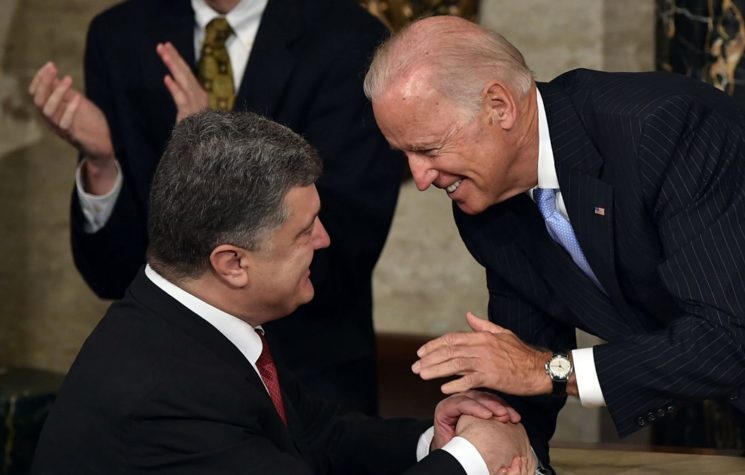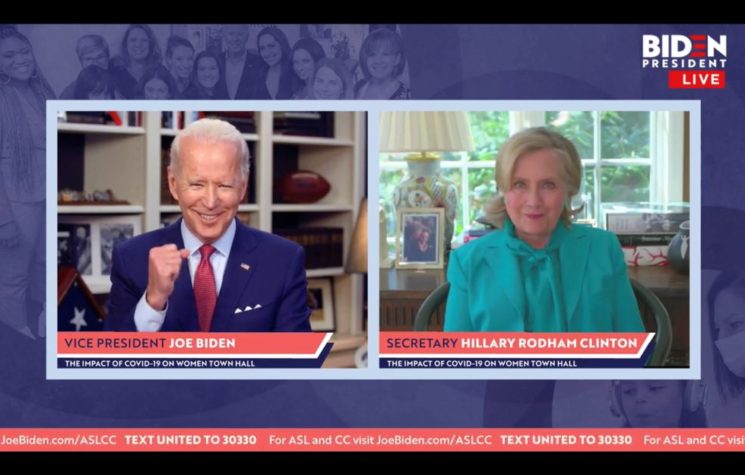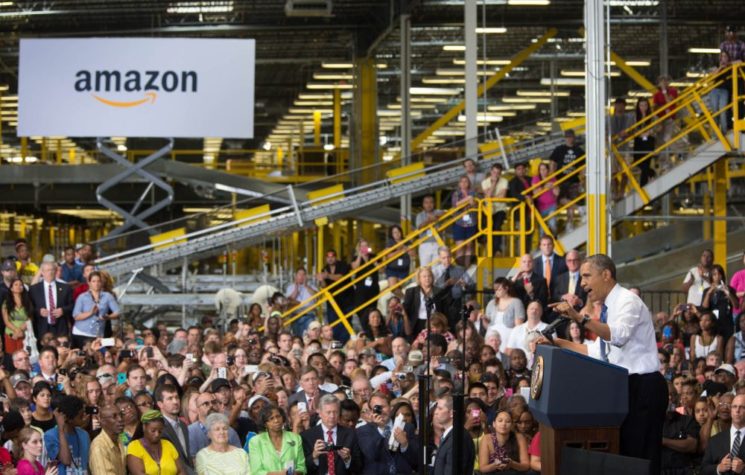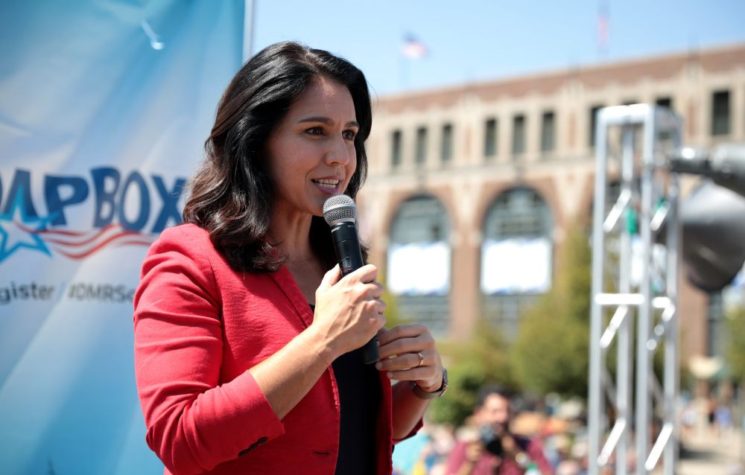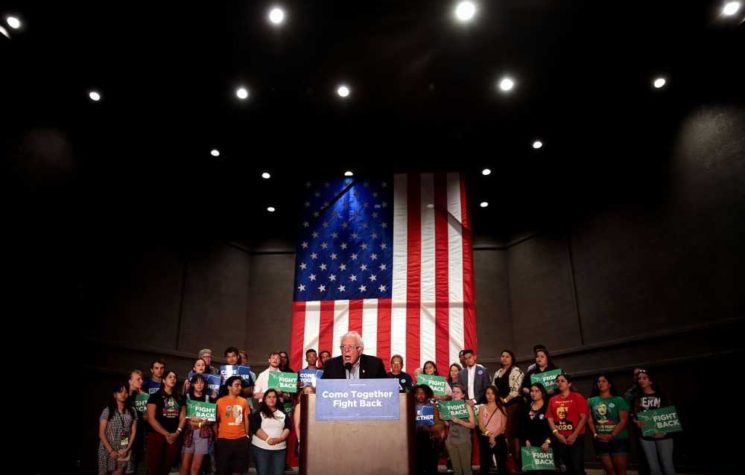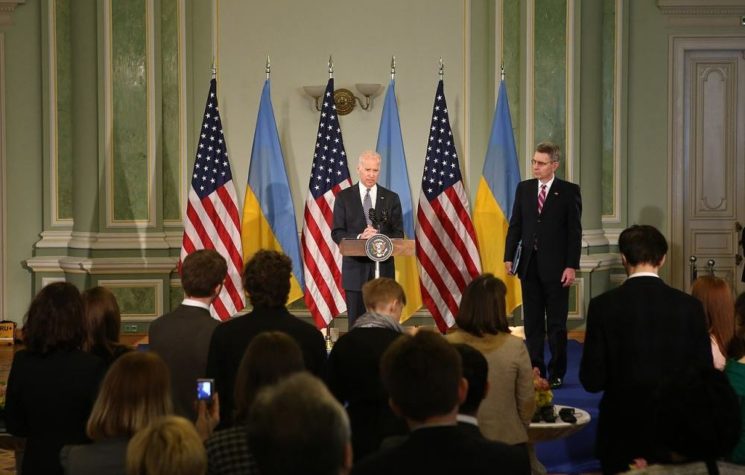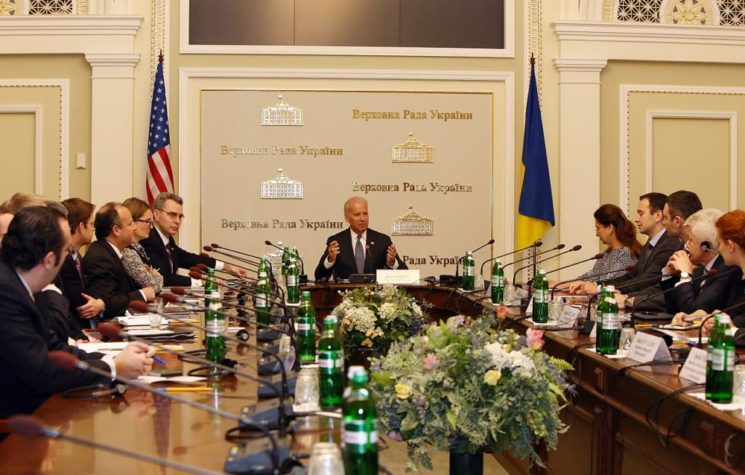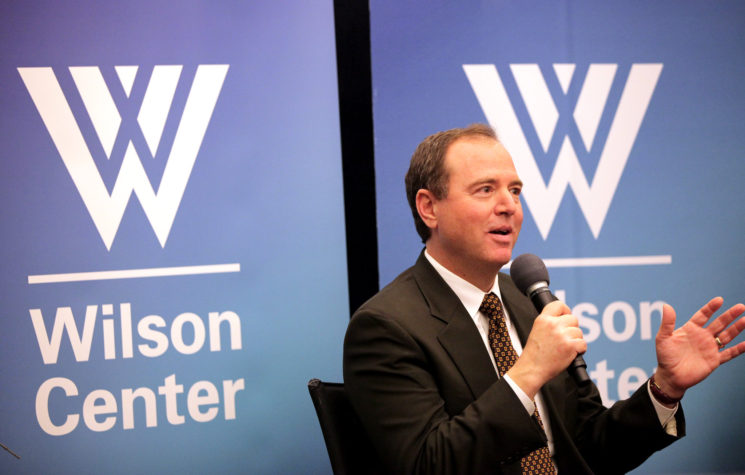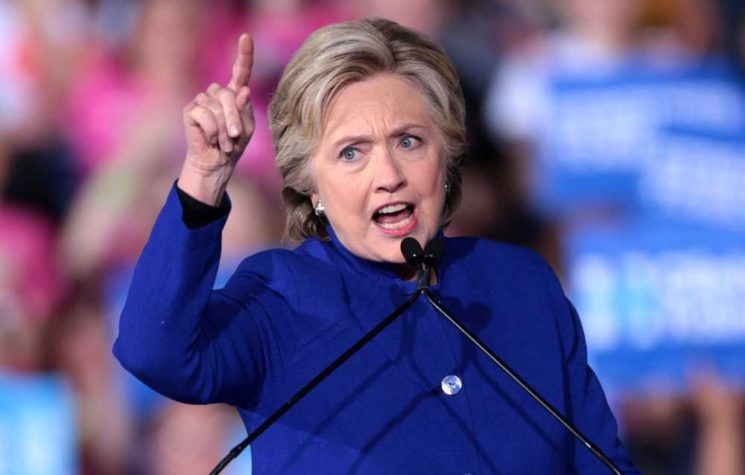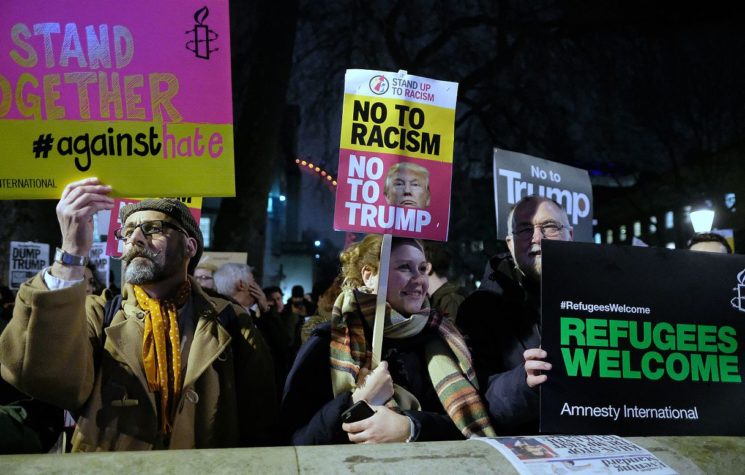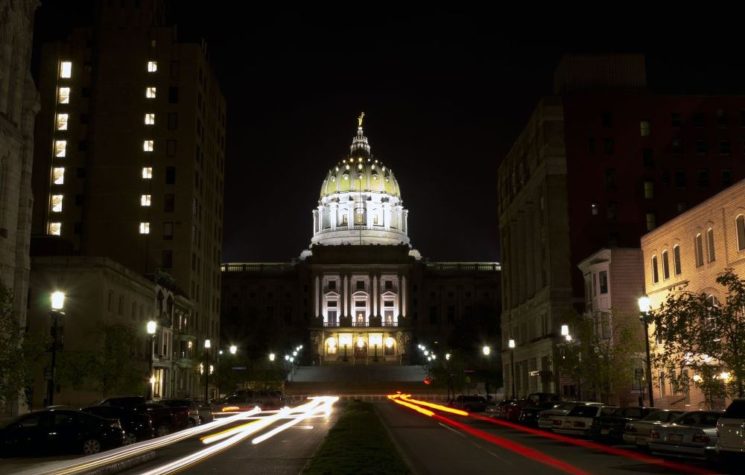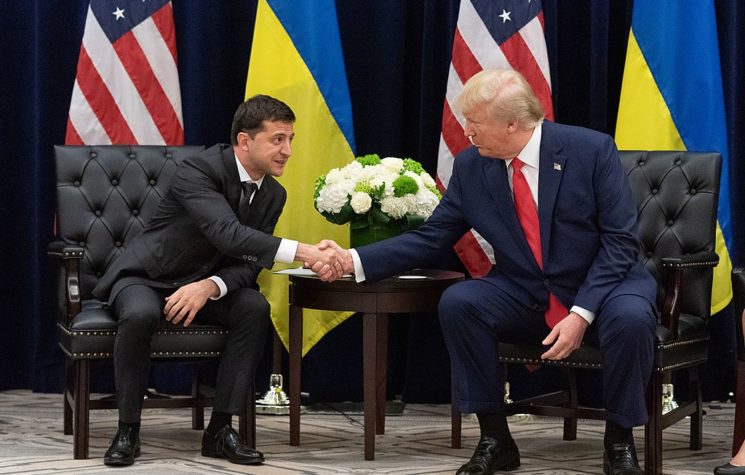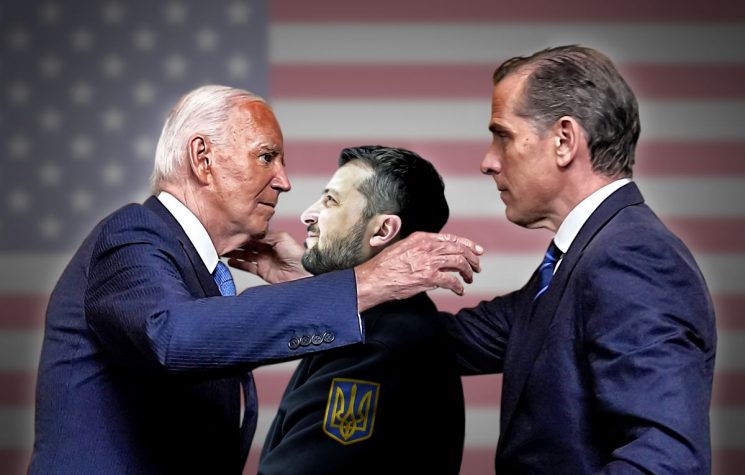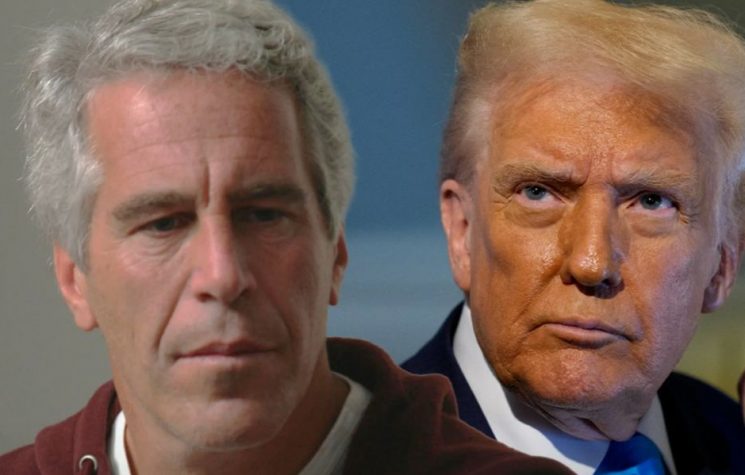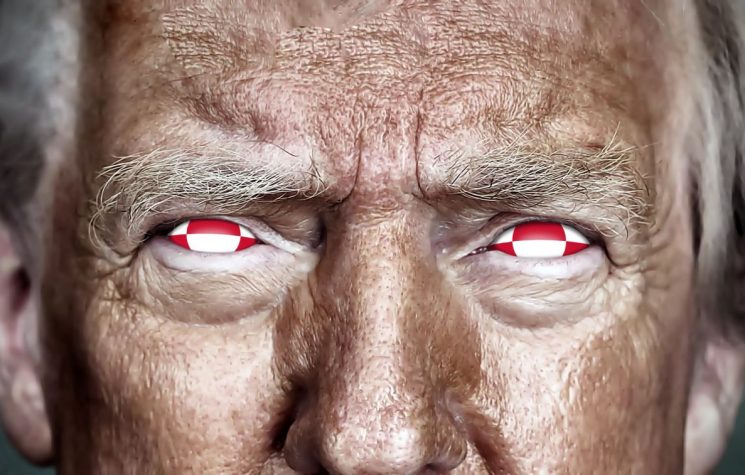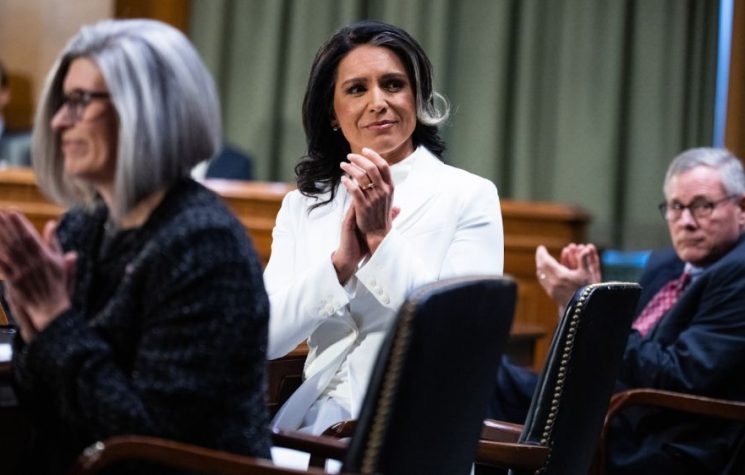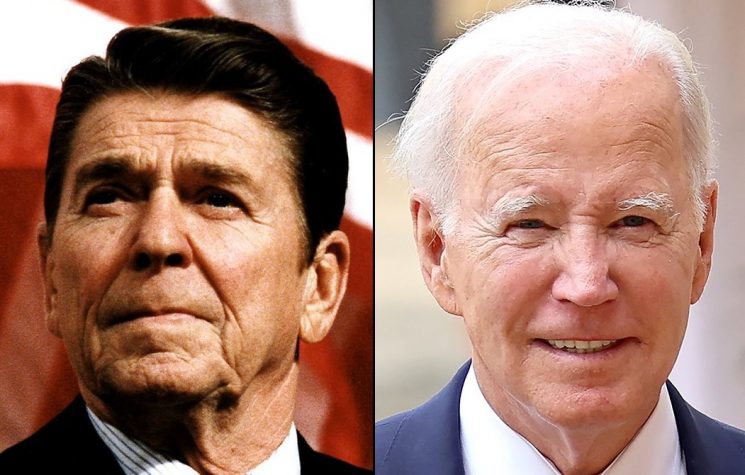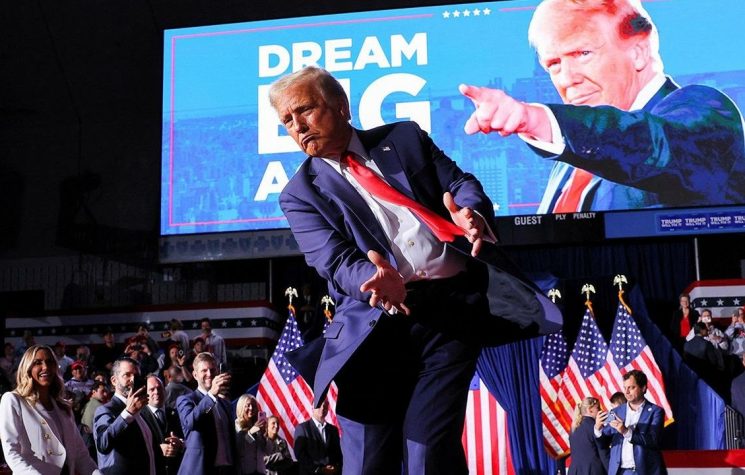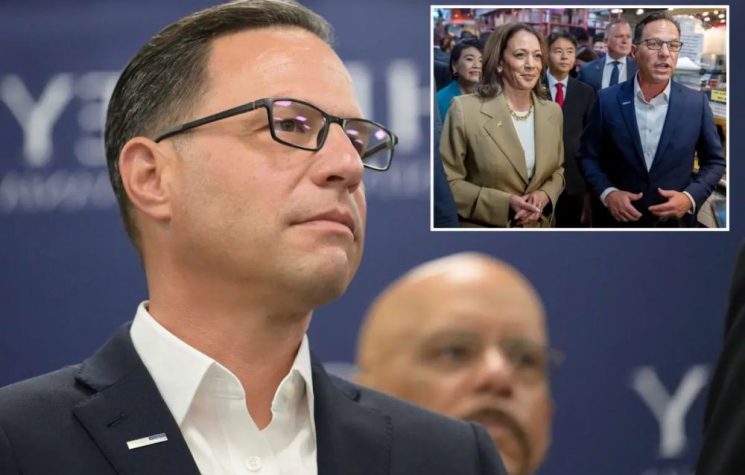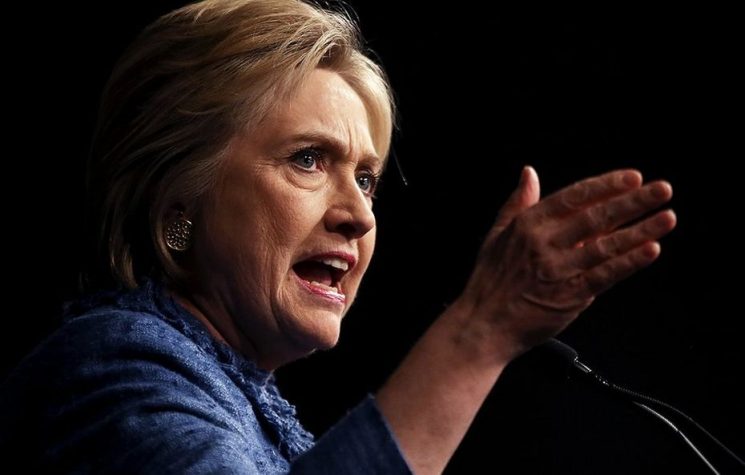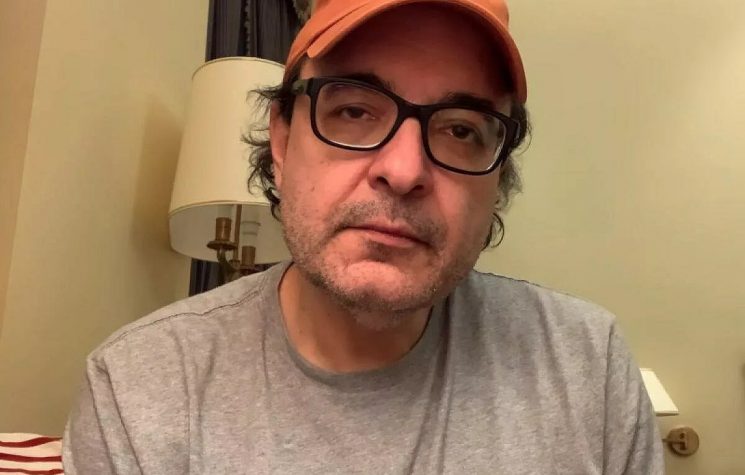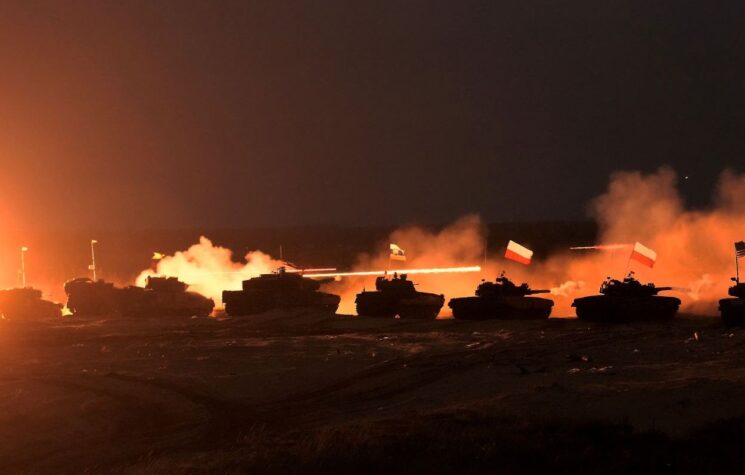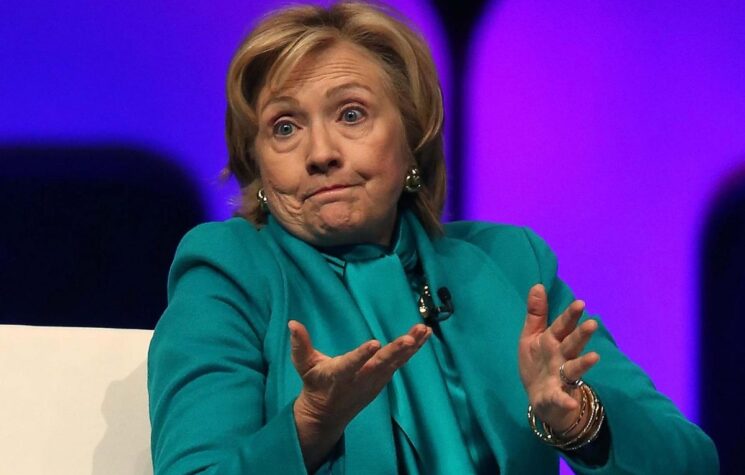Another week, another Democratic Party nervous breakdown. Actually, last week saw two such breakdowns, one in response to White House spokesman Mick Mulvaney and the other with regard to remarks by an ever-paranoid Hillary Clinton.
Let’s begin with poor Mick, whose innocuous comments about the Ukraine triggered the first round of hysterics. His press conference last Thursday wasn’t going half-badly considering that he faced the impossible task of explaining why Donald Trump thought it was a good idea to host next June’s Group of Seven conference at a golf resort he owns in Miami.
But it was when he moved on to why his boss held up nearly $400 million in Ukrainian military aid that matters really got out of hand.
The reason, Mulvaney explained, was corruption: “President Trump is not a big fan of foreign aid. Never has been. Still isn’t. Doesn’t like spending money overseas, especially when it’s poorly spent. And that is exactly what drove this decision.”
Then came the money quote: “Did he also mention to me in pass[ing] the corruption related to the DNC server? Absolutely. No question about that. But that’s it. And that’s why we held up the money.”
Corporate media outlets went into a collective swoon. CNN said that Mulvaney’s remarks confirmed that Trump was trying to push the Ukraine “into investigating Democrats,” the Washington Post said they were proof that the White House was looking to validate “Trump’s favorite whackjob conspiracy theory,” while the New York Times said Washington was in “turmoil.”
But the real whackjob was the media itself. Admittedly, the Ukraine story is complicated because it concerns two separate investigations. One involves Rudy Giuliani, the president’s private attorney, who is looking into the high-paid job that Joe Biden’s son, Hunter, landed at a Ukrainian natural-gas company known as Burisma Holdings while the vice president was allegedly battling Ukrainian corruption. The other involves Attorney General William Barr, whom Trump has assigned to look into the origins of Russiagate.
One investigation is private and unofficial, which is why the fact that Trump would ask Ukrainian President Volodymyr Zelensky to help Giuliani out in his famous July 25 phone call is indeed troubling. But the other is perfectly legitimate. Considering that the Russiagate pseudo-scandal dominated headlines for two and a half years, Americans deserve to know how it arose and there’s nothing wrong with Trump leaning on Zelensky to help Barr get to the bottom of it.
Mulvaney left no doubt as to which investigation was which. “The look back to what happened in 2016 certainly was part of the thing that he was worried about in corruption with that nation,” he said. “And that is absolutely appropriate.” The prose may be a bit awkward but the meaning is clear. What concerned Trump were allegations of Russian interference in 2016, not the Burisma appointment two years earlier.
But reporters ignored the distinction in their rush to judgment. They did so because they’re incompetent or, more likely, because they’re intent on blurring the difference between the two. They’re terrified that the Barr investigation will undermine the report that their hero, Special Prosecutor Robert Mueller, issued last spring. Hence, they want to head him off at the pass by lumping his investigation in with Giuliani’s and tarring him as politically biased before his work is even complete.
It’s a desperate ploy that will end up undermining Mueller even more than he’s already undermined himself and will undermine Democratic as well.
The other nervous episode concerned Hillary Clinton’s astounding comments about Green Party leader Jill Stein and Democratic primary candidate Tulsi Gabbard in an interview with former Obama campaign manager (and Clinton sycophant) David Plouffe. “Yes, she’s a Russian asset,” Clinton said of Stein. “I mean totally.” Of Gabbard, she added: “I think they’ve got their eye on somebody who is currently in the Democratic primary and are grooming her to be the third-party candidate. She’s the favorite of the Russians.”
The comments ignited a firestorm. When Gabbard shot back that Clinton is “the queen of warmongers, embodiment of corruption, and personification of the rot that has sickened the Democratic Party for so long,” Clinton spokesman Nick Merrill tried to tough it out. “Divisive language filled with vitriol and conspiracy theories?” he said. “Can’t imagine a better proof point than this.”
But it’s not proof at all. Gabbard’s outrage was entirely justified while Clinton’s comments are examples of the free-form paranoia that has typified the anti-Russia campaign from the start. Evidence? Democrats like Clinton don’t need no stinking evidence (to paraphrase “The Treasure of the Sierra Madre”). They figure that they can hurl the collusion charge at foreign-policy dissidents as much as they like and that the public will fall for it every time.
But it no longer works. People are wising up, and weekly bouts of outrage only wind up making Democrats look more foolish than they already are. This is why impeachment will fizzle and why the Democratic establishment is facing destruction at the hands of either Sanders or Trump. The phoniness of people like Hillary Clinton, Joe Biden, and Adam Schiff is as clear as the midday sun. It’s why they deserve to lose, and why they almost certainly will.











